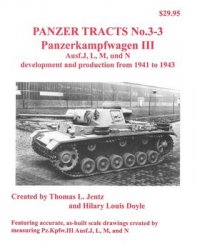I wish [Montagu Norman, Philip Snowden and the monetary experts] were admirals or generals. I can sink them if necessary. But when I am talking to bankers and economists, after awhile they begin to talk Persian, and then they sink me instead.
1924. (Daily Telegraph, 5 August 1965.)
Churchill to Robert Boothby, quoted by Boothby in the House of Lords, 1965. When WSC was Chancellor of the Exchequer, Boothby, his Parliamentary Private Secretary, said that the return of Britain to the Gold Standard was made on the advice of Montagu Norman, Governor of the Bank of England, and Philip Snowden, later Labour’s Chancellor of the Exchequer.
We are often told that the gold standard will shackle us to the United States. I will deal with that in a moment. I will tell you what it will shackle us to. It will shackle us to reality. For good or for ill, it will shackle us to reality.
1925, 4 May.
Churchill later regretted that as Chancellor of the Exchequer, he had been persuaded by Montagu Norman, head of the Bank of England, to return Britain to the Gold Standard. Monetarist economists insist that he was right to do so on the merits, but the failure to adjust wage and tax policy to the new realities of a gold-backed pound helped bring about the General Strike. See General Strike in this chapter.
In carrying out a great change like the return to the gold standard it has been necessary to move with extreme care. So many objects have to be kept in view at the same moment that delicacy and judgment are required at every step. I think that in the Treasury and in the Bank of England we have the most skilful advisers and financiers that any country can show. At any rate they are respected all over the world, so there is no reason why they should be looked down upon at home.
1925, 3 November. Hippodrome, Sheffield.
(CS IV, 3777.)
Britain suspended the Gold Standard under pressures of the Depression on 20 September 1931.




 World History
World History




![Road to Huertgen Forest In Hell [Illustrated Edition]](https://www.worldhistory.biz/uploads/posts/2015-05/1432477693_1428700369_00344902_medium.jpeg)




